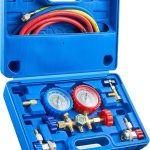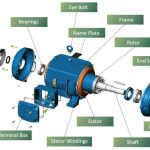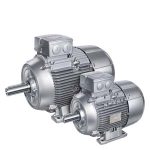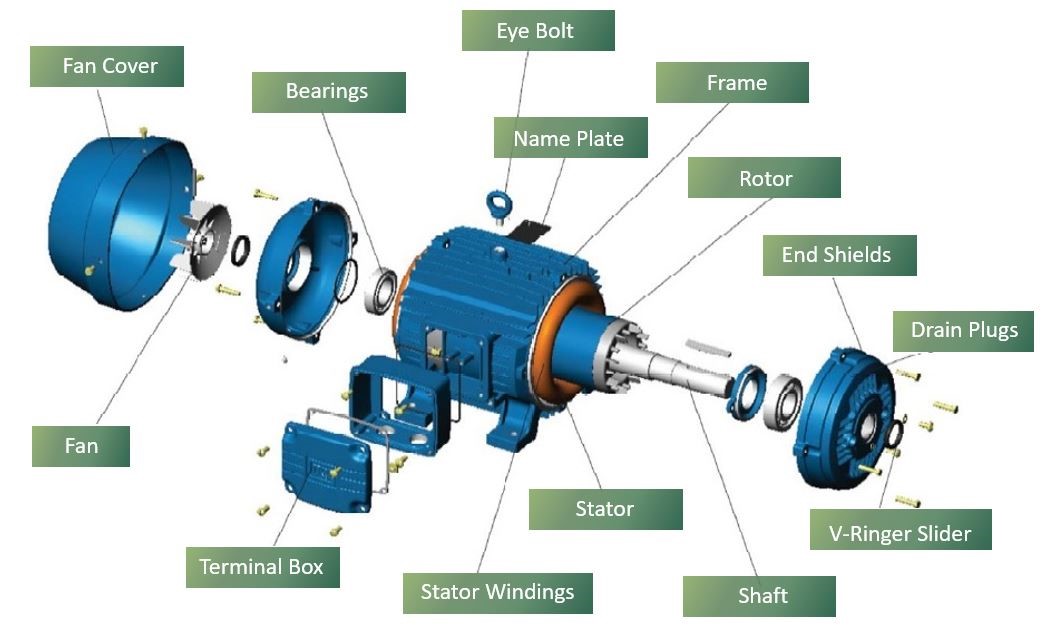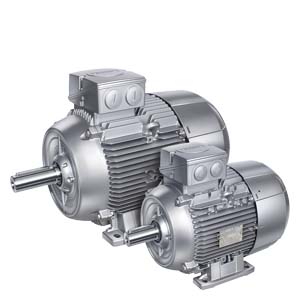AC motor as the hidden hero in our everyday lives – it’s like the engine that keeps our modern world running! AC motors are like the Swiss Army knife of the machine world – they’re good at almost everything! Here’s why people choose them:
They’re Simple and Strong:
Work well in most places
Easy to build and fix
Last a very long time
Don’t break down much
Don’t cost much to run
You’ll Find Them Everywhere:
In Your Home:
- Washing machines
- Refrigerators
- Air conditioners
- Dishwashers
- Vacuum cleaners
In Buildings:
- Elevators
- Air conditioning
- Water pumps
- Ventilation fans
In Transportation:
- Electric cars
- Trains
- Escalators
- Moving walkways
let’s analyze and compare the advantages and disadvantages of AC motors and DC motors.
First of all, the use of power is different. AC motors use AC power, such as domestic 220v/380v AC, AC generators, etc., while DC motors use DC power, such as dry batteries, batteries, etc.
Second, AC motors are more reliable than DC motors, and the cost is lower than DC motors. They are mainly used in industrial and agricultural production.
Third, the structure is different. DC motors have one more commutator than AC motors, and DC power is more convenient to carry out. This is the most important difference between them.
Fourth, DC motors have a larger speed regulation range than AC motors, and are easy to smoothly regulate speed, easy to control, and have high fast performance. Speed regulation consumes less energy, can adapt to frequent starting occasions, and is widely used. DC motors can be used to start screw elevators. However, DC motors are difficult to commutate and have poor reliability.
Fifth, DC motors are easier to control speed than AC motors, but they require more maintenance than AC motors.
Sixth, DC motors can be divided into four categories according to the excitation method: separately excited motors, shunt excited motors, series excited motors and compound excited motors.

